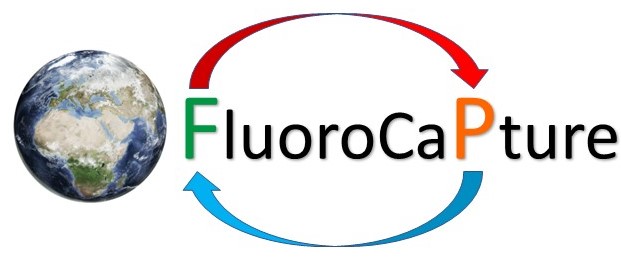Fluorocapture
Tackling climate change by reducing fluorinated gas emission: Chemical upgrading of F-gases to form high-value building blocks

In Brief
- Challenge: 2050 Challenge
- Challenge Type: National Challenge Fund
- Status: Active
The Challenge
Fluorinated gas (F-gas) emissions are a small but significant contributor to global warming and the use of F-gases as refrigerants, insulators and propellants is being strictly reduced under EU law. The success of the Montreal Protocol in limiting ozone-depleting substances shows how chemicals harmful to the atmosphere can be regulated and phased out, limiting damage to a fragile ecosystem. At the moment, waste F-gases are exported for disposal but illegal emissions are still occurring. Preventing F-gas emission now is a key factor in preventing climate change. Our research programme will upgrade waste F-gases so they can be used again in the chemical industry.
The Solution
Our goal is to prevent emission of fluorinated gases by showing they can be converted to valuable fluorinated chemical building blocks for use in industry, thereby promoting and incentivising their recovery and recycling. We will develop catalytic processes to upgrade these harmful chemicals in a sustainable manner so they can be used in the synthesis of pharmaceuticals, agrochemicals etc. We aim to do that by using reactive phosphorus-based catalysts to activate and functionalise F-gases with high global warming potential and explore the scale-up of these reactions to maximise output and minimise environmental impact. This project represents a convergence of both emerging and more established concepts from the fields of synthetic chemistry and chemical engineering.
The Team
- Team Lead: Dr Thomas Hooper, Assistant Professor and Ad Astra Fellow, School of Chemistry, University College Dublin
- Team Co-Lead: Dr Ioscani Jimenez del Val, University College Dublin
Societal Impact Champion
- Eamonn Merriman, Environmental Protection Agency